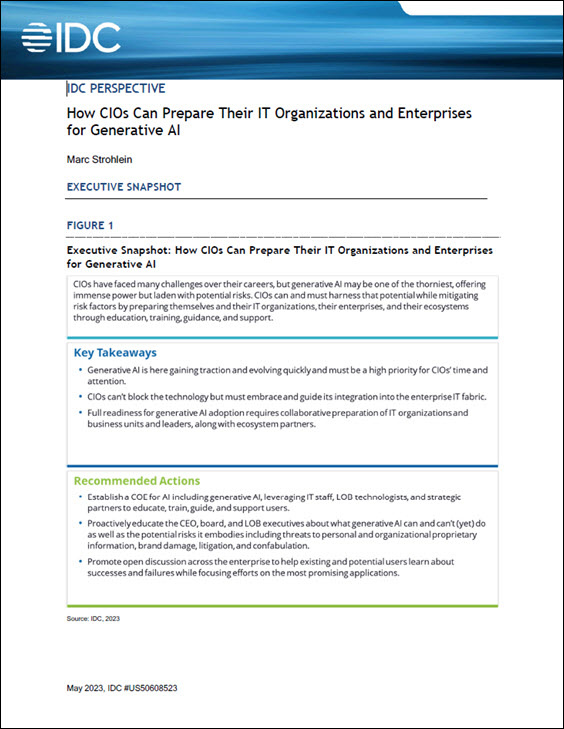While there is no doubt that all businesses are driven by data and its many manifestations – entry, processing and analysis and interpretations – it is equally true that the typical databases that are a legacy of the past are unable to cope with the needs of the modern business environment. This is because there has been a huge surge in volumes of data and most organizations clearly lack suitable infrastructures to deal with it.
This is regardless of the source of the current data, whether it is from back office functions or direct operational networks. Adding to an already over stretched system is the presence of reference and historical data that is usually segregated from the current data but is nevertheless form an integral part of overall data management in an organization.
The problem becomes more acute when the historical and current data have huge divergence in ages. It is common to have files that are more than a couple of decades old, specific databases say about a decade old and database created a couple of days back, all co-existing in the same environment. Hence, businesses often have to put in great efforts to arrive at precise and accurate processed data that can be relied upon before taking crucial and strategic business decisions.
All these factors when combined have a restrictive effect on data management largely because it becomes a challenge to dovetail the dynamics of modern day data management requirements into age-old database architecture. These issues are cropping up now at a time when businesses are moving on to the digital environment era and are harnessing latest and innovative techniques such as cloud, machine learning and artificial intelligence (AI) to stay competitive.
However, organizations that have been able to adapt quickly to the demands of modern day data management have created great opportunities to increase business value.
How can businesses then cope with these data management challenges and turn them into optimized business opportunities? There cannot be any benchmarks in this regard simply because data interpretations and analysis is not standardized across industries. Every organization has to work out individual solutions and focus on platforms that will help them integrate data from real time activity, past document databases and other transactional activities.
Here are a few areas where business value can be increased through maximized data management.
- Getting common solutions – As said before, every organization has to focus on platforms that offer the maximum opportunities for data integration and interpretation. Hence, chosen platforms should be able to extract data from different ages, types and environments and after processing them, be able to provide solutions that touch on all of them. Then only will data and information make some sense in real time. Such data platforms should also be flexible enough to offer the chance to business to separate data in applications that is not required from that which is necessary.
- Maximizing use of cloud – Today, most businesses are transferring their systems and applications to cloud through specialized software that helps to categorize them into specific blocks. Once these have been containerized and set up in cloud, it is possible for other applications in the suite to reuse them randomly. While theoretically it appears to be a simple process, its full business value can be released only when it is speedily implemented.
- Use of business analytics – To get the most out of data platforms, it is imperative that business analytics deliver optimized results so that organizations can gain a competitive edge. Key business components such as artificial intelligence, machine learning, predictive and real time analytics and big data processing should all be integrated if real time and batch data have to be analyzed simultaneously. This will ensure that developers can incorporate analytic processing into transactional applications and other business processes so that crucial strategic decisions can be taken based on real-time data analysis.
- Optimizing retail processes – Techniques used through data science, AI and machine learning are helping retailers predict customer actions and behavioral patterns quickly. This helps them to offer relevant discounts, advertise products and go in for the best product mix for the store that will increase sales and maximize returns. Hence there are obvious benefits and increase in business value through proper data management for retailers.
The challenges that stem from exponential data growth are therefore very clear. To derive maximum business value the need of the hour is to have cohesive data platforms that can bring together data from various sources such as batch analytics and real time ones. This will give businesses greater insights into their operational functions as well as enable accurate and precise decision making on key business issues of strategic importance. A flexible data platform is fallout and the end result of today’s data driven era.
About the Author
 Alika Cooper works a Business Development Manager at Cogneesol, a well-renowned company offering Data Management, technology, accounting and legal services. She has been working with Cogneesol for the past 10 years and is responsible for generating sales for the Data Management division.
Alika Cooper works a Business Development Manager at Cogneesol, a well-renowned company offering Data Management, technology, accounting and legal services. She has been working with Cogneesol for the past 10 years and is responsible for generating sales for the Data Management division.
Sign up for the free insideAI News newsletter.



